Morningstar Investment Conference 2024: From AI Investing to Annuities
MIC delivered expert insights and strategies for advisors and investors.

Summer in Chicago means excursions to Navy Pier for boat tours, outdoor dining, and rides on the iconic Ferris wheel—and this year, the annual Morningstar Investment Conference on June 26 and 27, 2024. Each year, investors and advisors head to Chicago for Morningstar’s signature research and analysis, as well as insights from thought leaders across the industry.
The conference packed dozens of panels into two days. Below are highlights of panel topics relevant to all investors. (Morningstar’s editorial director for financial advice Sheryl Rowling offered her picks for financial advisors to help them build their practices and help their clients succeed.)
If you didn’t attend the conference, you can check out our video interviews with some of the in-house and outside experts speaking this year. To learn more, follow the links to related Morningstar content.
Join the conversation on X by following @MorningstarInc and use the hashtag #MICUS. Subscribe to Morningstar’s YouTube channel to find related content.
Artificial Intelligence and Active ETFs
Artificial intelligence was, of course, on the agenda. Futurist Zack Kass explored how various industries are using AI to revolutionize efficiency, alleviate employee burnout, and reshape work processes. And Morningstar senior manager research analyst Karen Zaya talked with portfolio managers from AlphaSimplex, AQR, BlackRock, and Fidelity about how they incorporate AI, machine learning, and natural language processing into their investment processes today and what we can expect in this ever-evolving environment.
The latest issue of Morningstar magazine digs into AI opportunities for advisors and investors, and columnist John Rekenthaler recently drew parallels between investing in today’s AI stocks and 1999′s internet darlings. Morningstar’s equity analysts cover the significant AI players, from Nvidia NVDA on down, and their research provides insight into which of these companies are turning AI hype into revenue.
The Promise and Perils of Artificial Intelligence
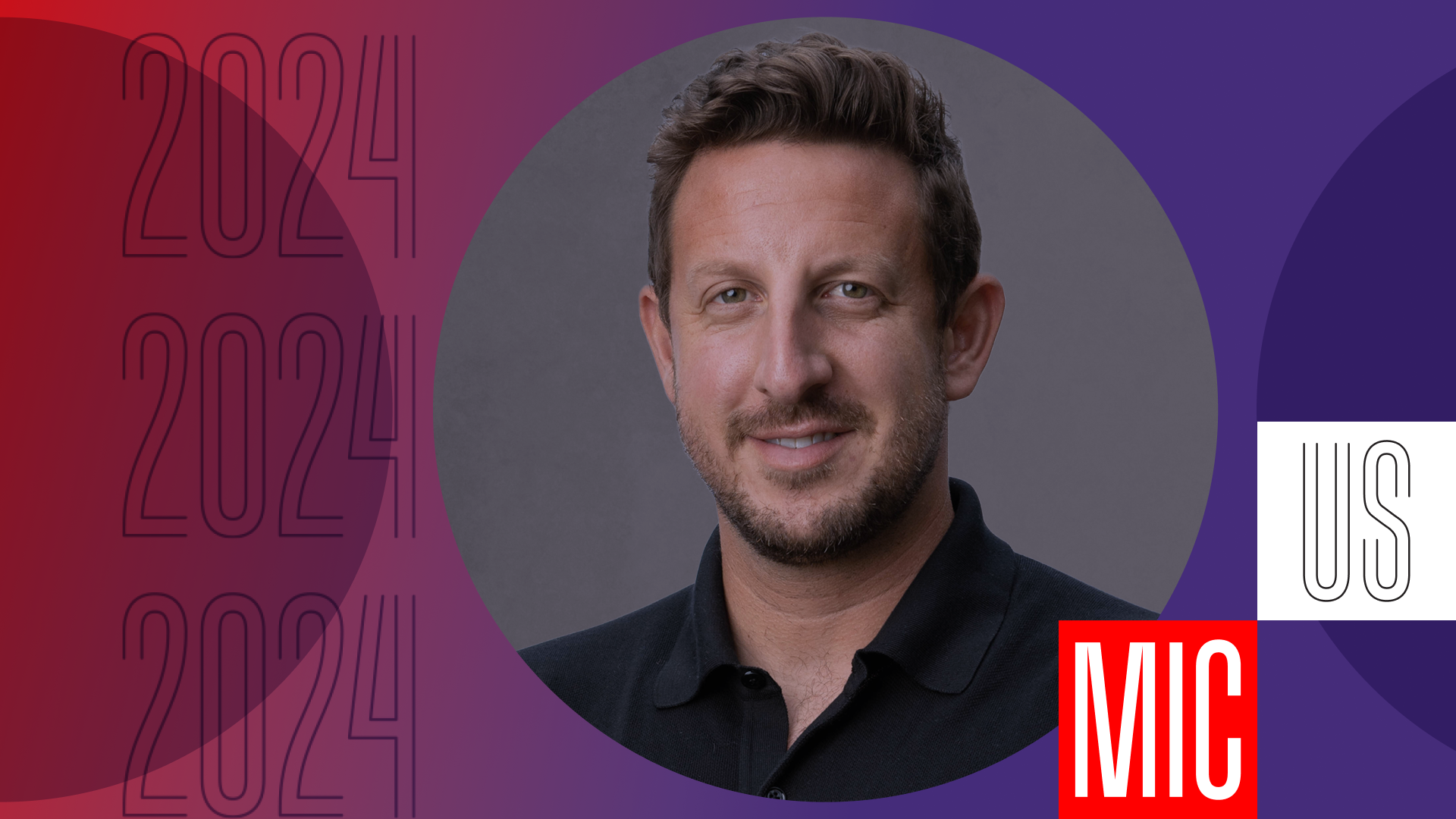
Session Preview: The Promise and Perils of Artificial Intelligence with Zack Kass, a futurist and former executive at OpenAI.
Exchange-traded funds that invest in AI got a lot of press—and inflows—when investor interest in AI soared last year. That’s just one of a number of trends driving flows to ETFs, particularly active ETFs.
Are active ETFs a lifeline for active managers that have been losing market share to passive strategies? Morningstar’s Jack Shannon held a conversation with leaders from Dimensional Fund Advisors, MFS Fund Distributors, and T. Rowe Price on the advantages and disadvantages of active ETFs and what they mean for the future of active management. These industry veterans discussed how these funds are changing the investing landscape.
How useful are active ETFs for investors themselves? That’s a question that Morningstar’s manager research analysts investigate in depth in their Guide to US Active ETFs. The short answer? As this deep dive into active ETFs puts it: “All things equal, investors tend to be better off in an ETF. Except when all things are not equal.”
Morningstar markets reporter Sarah Hansen interviewed Morningstar manager research experts Bryan Armour, Ryan Jackson, and Daniel Sotiroff about their active ETF research for a special episode of Investing Insights taped at the MIC.
Opportunities for Stock Investors
Savita Subramanian, head of US equity and quantitative strategy at Bank of America Global Research, offered her outlook for equity investors. With leadership broadening from the “Magnificent Seven” to the “Other 493,″ the market is ripe with opportunities for fundamental stock selection.
It’s a Good Year for Stock-Pickers. Here’s Why
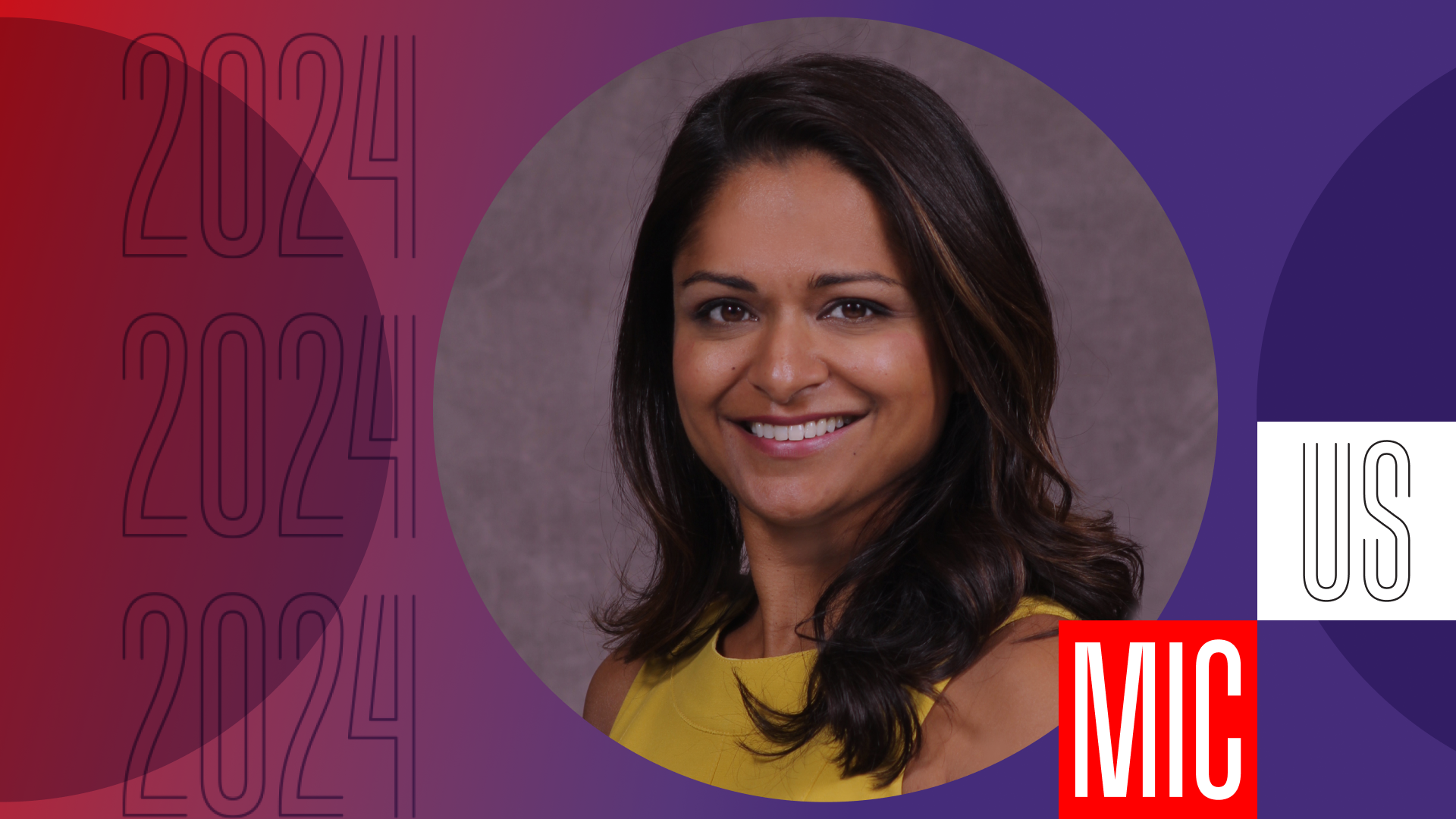
Session Preview: A Good Year for Stock-Pickers with Bank of America Global Research’s Savita Subramanian.
Wondering if you should invest in small-company stocks in an era where the Magnificent Seven and now the Fab Five have propelled market returns? Will small caps ever catch up?
Three top fund managers made their case at the MIC: Keith Lee (who comanages Brown Capital Management Small Company BCSIX), Morgen Peck (Fidelity Low-Priced Stock FLPSX), and Don San Jose (JPMorgan Small Cap Equity VSEAX) joined Morningstar’s Tony Thomas to discuss why small-cap stocks have lagged their large-cap counterparts and where the best opportunities are today.
In a recent episode of Morningstar’s The Long View podcast, JB Taylor explained why he thinks small caps are extremely attractive today. Taylor is CEO of Wasatch Global Investors, which specializes in small-cap investing, and manages several funds, including Wasatch Core Growth WGROX, which has a Morningstar Medalist Rating of Gold.
A special live taping of the podcast at this year’s conference featured two of the best international fund managers around: Harris Associates’ David Herro (Oakmark International OAKIX) and GQG Partners’ Rajiv Jain (GQG Partners Global Quality Equity GQRPX), both of whom have been named Morningstar Manager of the Year—or Decade—more than once. They discussed how they navigate geopolitical risk factors and why US investors should keep the faith in investing overseas.
Weight-loss drug stocks got a panel of their own. These drugs are making waves in the pharmaceutical world, and shares of their manufacturers are soaring. The two names synonymous with the trend are Novo Nordisk NVO, maker of Ozempic and Wegovy, and Eli Lilly LLY, which produces Mounjaro and Zepbound. It will be “exceptionally difficult” to dethrone them.
Beyond Money Markets
Jerome Schneider, Pimco’s leader of short-term portfolio management and funding, evaluated the short-term bond market and its connections to the economy, the Federal Reserve, and the financial system with Morningstar manager research’s Eric Jacobson. Schneider is the lead manager of Pimco Short-Term PTSHX and comanager of Pimco Active Bond ETF BOND. He was the 2015 Morningstar Fixed-Income Fund Manager of the Year.
In a May interview with Jacobson, Schneider pointed to opportunities for investors willing to step out of cash and onto the short end of the yield curve. As we’ve reported, with interest-rate cuts on the horizon, it may be time to ditch your money market for longer-term bonds.
How Investors Can Outpace the Returns of Money Market Funds
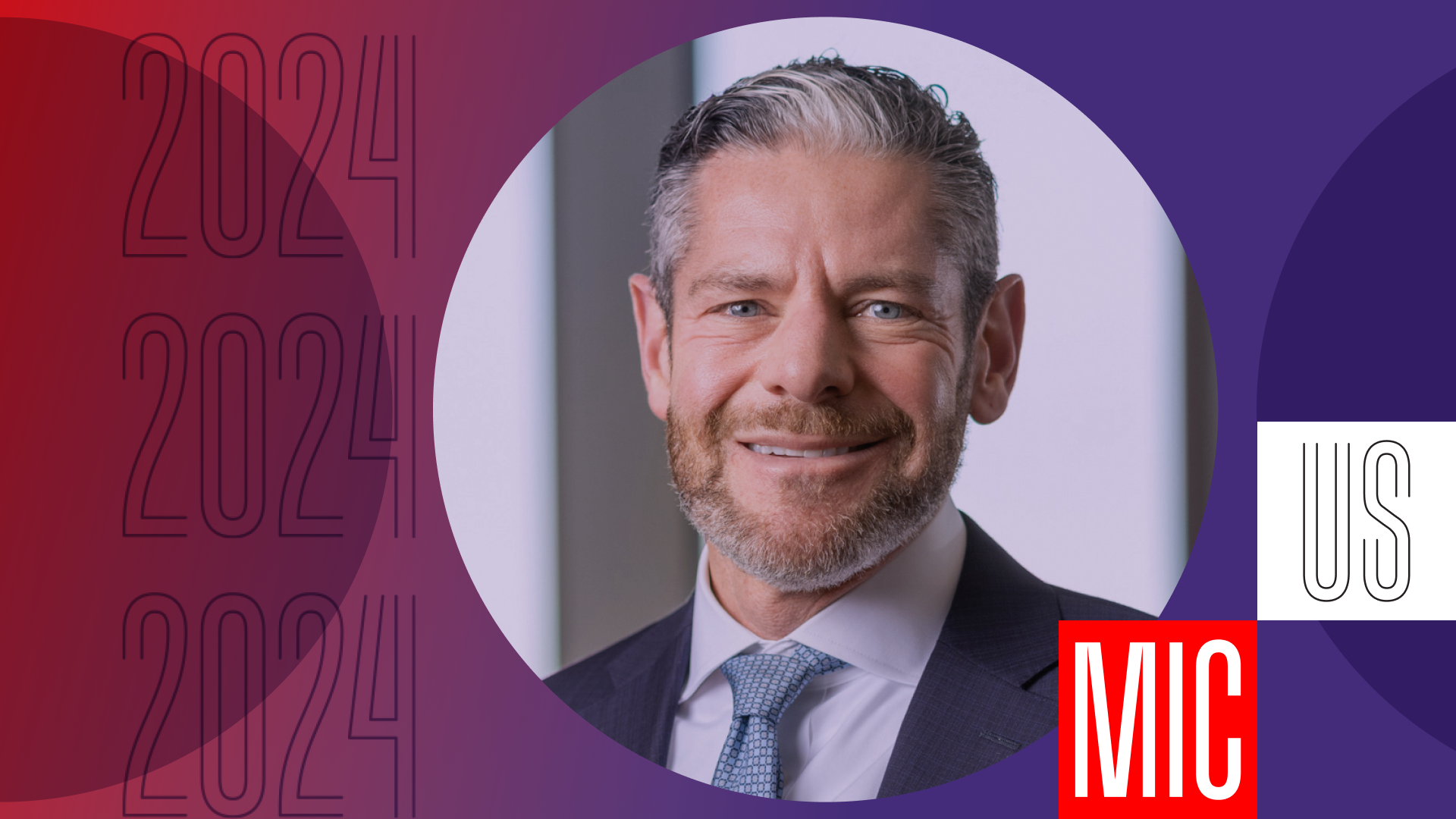
Session Preview: Beyond Money Market Funds with Jerome Schneider, portfolio manager and head of the short-term desk at Pimco.
Schneider recently called the current bond market an “oasis of opportunity” during a discussion with Brian Moriarty, an associate director on Morningstar’s manager research team, and two other top fixed-income managers: Andrew Norelli, lead manager of the multisector JPMorgan Income ETF JPIE and comanager of JPMorgan Core Plus Bond HLIPX, and Ford O’Neil, comanager of Fidelity Total Bond Fund FTBFX and Fidelity Total Bond ETF FBND. You can read their conversation in the Q1 issue of Morningstar magazine.
Options, Crypto, and Private Equity
The MIC also shed light on more specialized investments for investors who want to venture beyond traditional stocks and bonds. Funds that use covered-call and defined-outcome strategies aren’t new, but investors’ interest in them has exploded lately: The derivative-income and options-trading Morningstar Categories have seen inflows of almost $100 billion over the past three years. Morningstar’s Bryan Armour moderated a panel with Hamilton Reiner, who runs the wildly popular JPMorgan Equity Premium Income ETF JEPI, and Alex Zweber, portfolio manager of Parametric Hedged Equity ETF PHEQ and Parametric Equity Premium Income ETF PAPI; both funds launched late last year.
Covered-Call and Buffer ETFs: Stock Investing With Less Gain but Less Pain
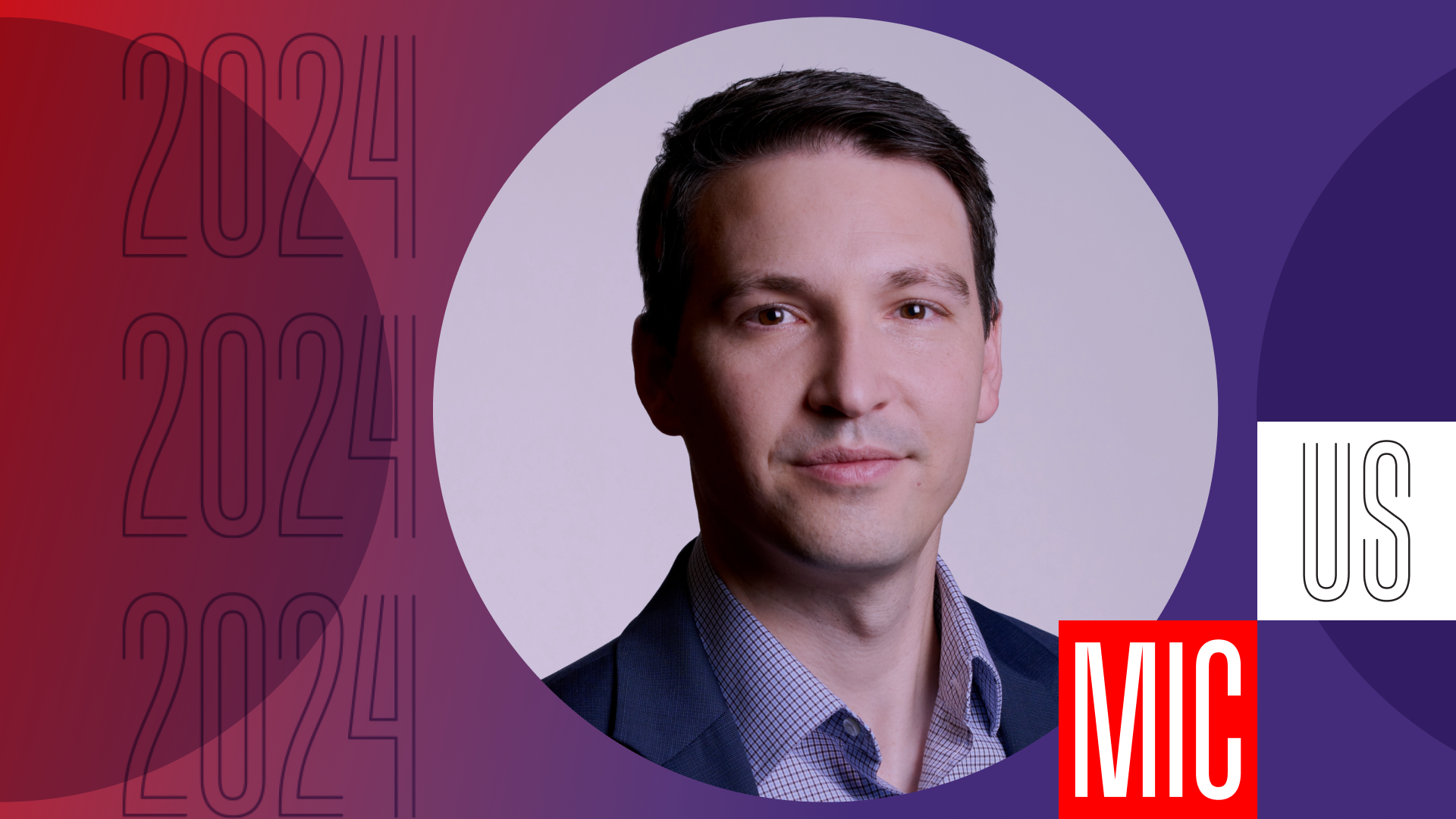
Session Preview: Stock Investing With Less Gain but Less Pain with Morningstar’s Bryan Armour.
Another session helped attendees navigate nontraditional investments, including cryptocurrencies. Ordinary investors now have easy access to bitcoin with spot bitcoin ETFs, though it isn’t as easy to conclude that these highly volatile investments are appropriate for most. By contrast, some classic arbitrage and event-driven strategies have been accessible in mutual fund form for some time. These liquid alternatives offer consistent income with little market sensitivity.
Dylan Cox, head of private markets research at PitchBook, led a discussion of the current state of the private equity market and various other alternatives strategies on offer, including private credit and venture capital. Private markets are still largely the domain of institutional investors and high-net-worth individuals. However, interval funds offer regular investors and advisors access to assets and strategies that would otherwise be out of their reach. Morningstar’s Brian Moriarty introduced the new Morningstar Guide to Interval Funds at the MIC.
As Morningstar’s 2024 Diversification Landscape demonstrates, the diversification benefits of private investments are modest but the additional risks are not.
Solving the Retirement-Income Puzzle
Ultimately, the MIC is about helping advisors help their clients meet their investment goals. The biggest goal is usually retirement. Not just saving in order to be able to retire someday, but making those savings support a desired lifestyle throughout retirement. That means determining a safe withdrawal rate from retirement investment portfolios and considering annuities for a dependable income stream.
Morningstar’s Christine Benz and Jason Kephart led a panel discussion of effective income strategies across asset classes and how they fit in investors’ portfolios. In the video below, Benz and Kephart talk about how to pay yourself in retirement.
How to Pay Yourself in Retirement
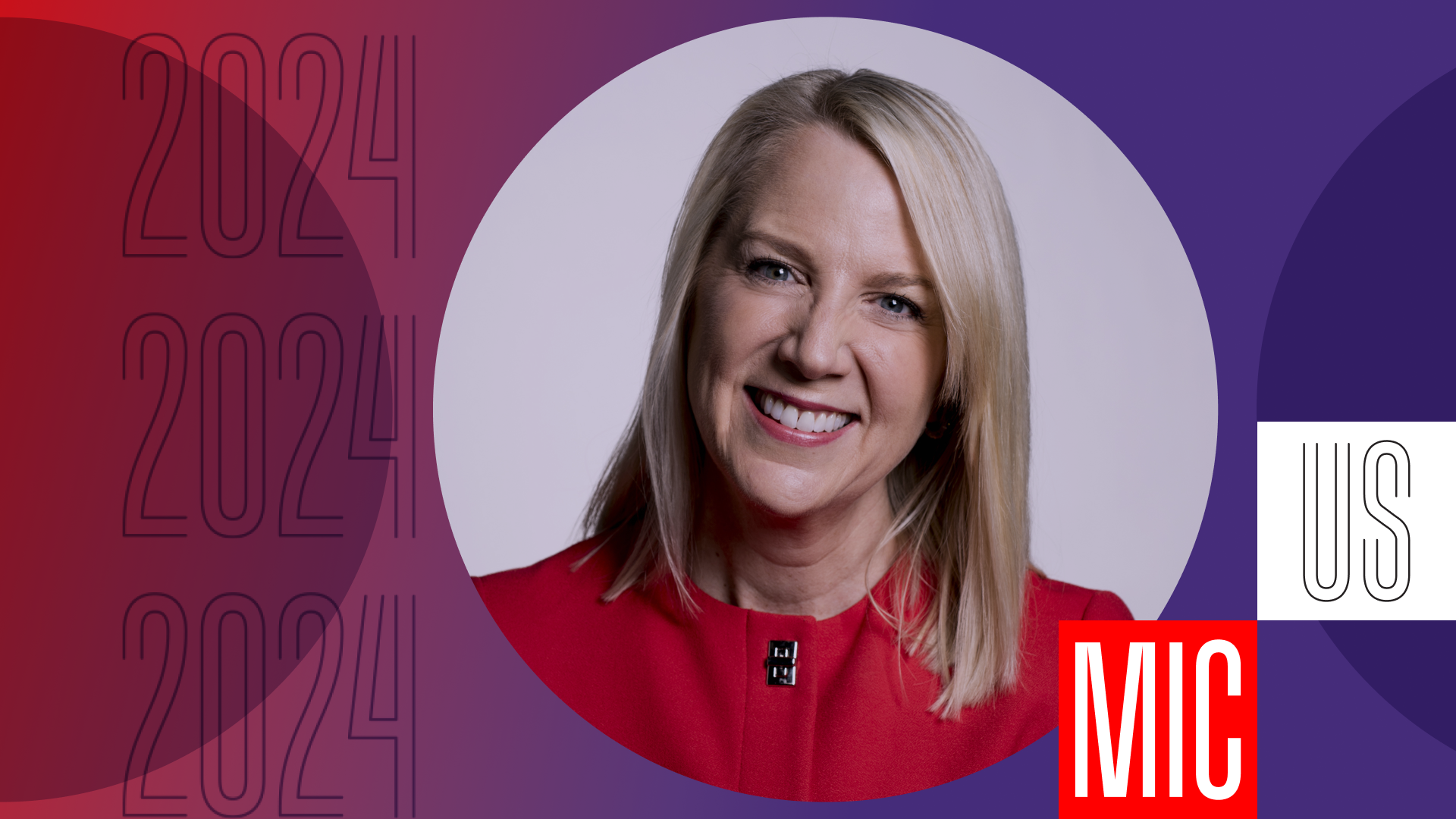
Session Preview: How to Pay Yourself in Retirement with Christine Benz, Morningstar’s director of personal finance and retirement planning.
The Big Picture
Renowned geopolitical strategist Ian Bremmer sat down with Morningstar Wealth president Daniel Needham to tackle the complexities of navigating global political uncertainty. Bremmer, president and founder of Eurasia Group, identified key trends for investors to monitor.
Evolving Ahead
As Morningstar CEO Kunal Kapoor noted in his keynote speech, Morningstar’s researchers expect the markets to revert to the mean. “Now, most clients don’t care about things like fees when markets are soaring,” he said. “But ... if you’re in a world of 5% returns, a 100-basis-point fee is 20% of that return, and you can be sure it’s going to draw a lot more scrutiny and interest.” Kapoor explained how advisors can adapt to this environment by proving their worth and embracing technology.
Morningstar CEO Kunal Kapoor: ‘Evolve Ahead’
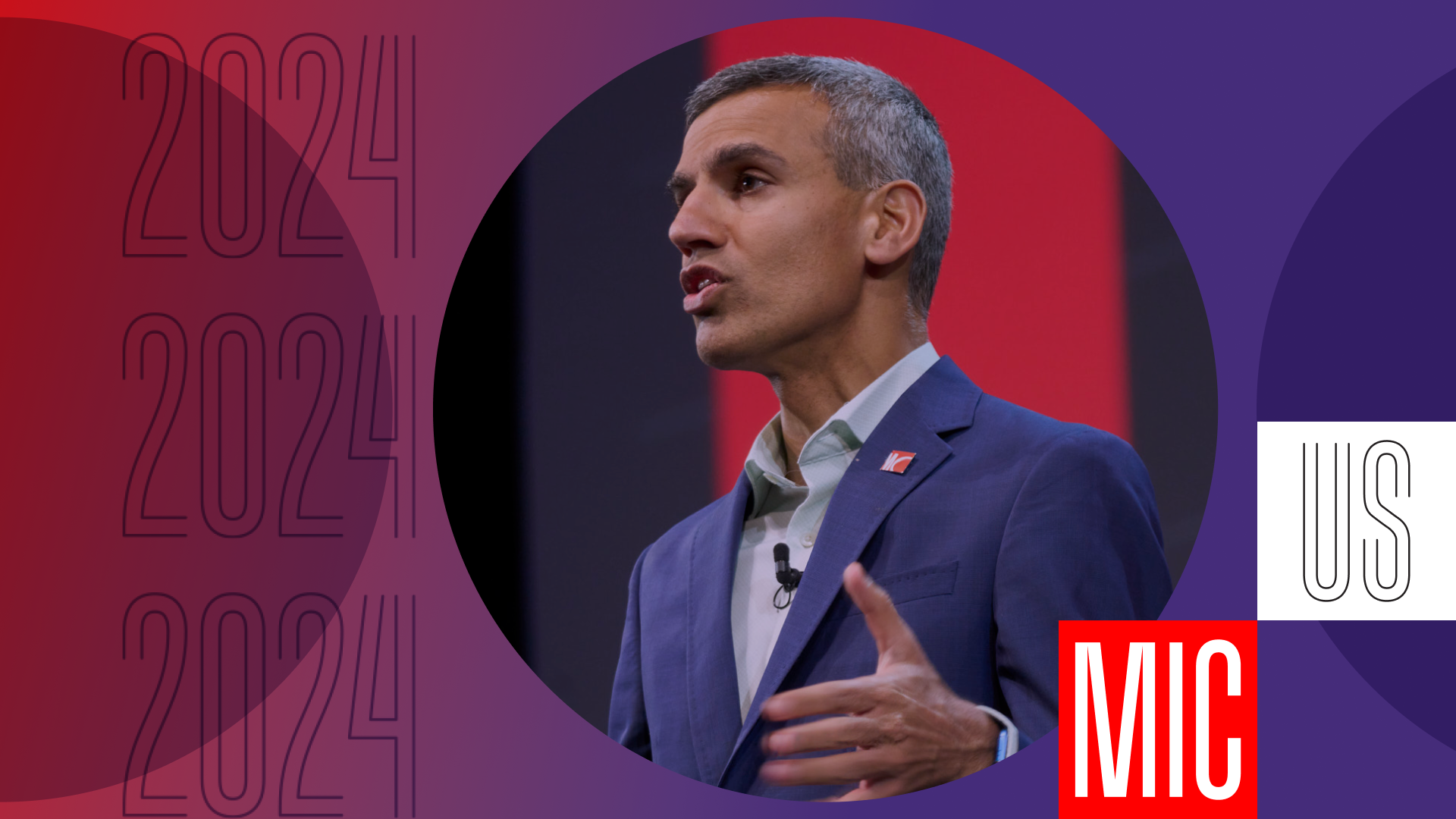
Session Recording: Evolve Ahead with Morningstar CEO Kunal Kapoor.
The author or authors do not own shares in any securities mentioned in this article. Find out about Morningstar’s editorial policies.

/s3.amazonaws.com/arc-authors/morningstar/6bbc8215-6473-41db-85a9-2342b3761e74.jpg)
/cloudfront-us-east-1.images.arcpublishing.com/morningstar/KWYKRGOPCBCE3PJQ5D4VRUVZNM.jpg)
/d10o6nnig0wrdw.cloudfront.net/06-27-2024/t_2194d771c3f04756b6635f949463d5c6_name_MIC_24_Kunal_Kapoor_Speaker_1920x1080.png)
/cloudfront-us-east-1.images.arcpublishing.com/morningstar/QJ55VWEVNNCDRHHUYR5SOVC77U.png)
:quality(80)/s3.amazonaws.com/arc-authors/morningstar/6bbc8215-6473-41db-85a9-2342b3761e74.jpg)